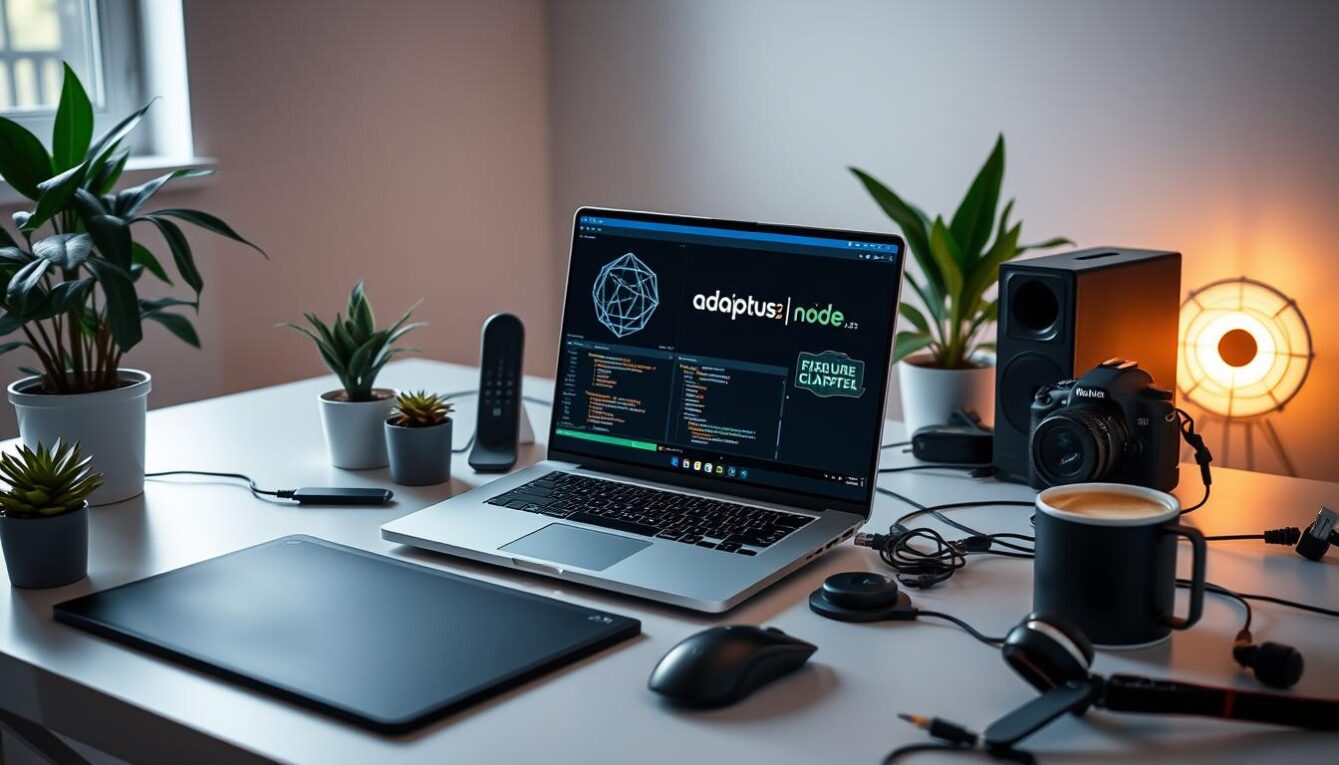DevOps Demystified: The Ultimate Guide ===
DevOps is a term that has been making rounds in the tech industry for a while now. It’s a methodology that combines software development and IT operations, aiming to streamline the deployment and delivery process. DevOps has become a popular approach for modern-day businesses that are looking to improve their software development process, delivery speed, and efficiency. In this ultimate guide, we’ll demystify DevOps and provide you with an in-depth understanding of its principles, practices, and tools.
Mastering the Art of DevOps: Principles, Practices, and Tools
Principles
DevOps is built on four key principles:
- Collaboration and communication between teams
- Automation of processes and tasks
- Continuous integration and delivery
- Monitoring and feedback
These principles are the foundation for the successful implementation of DevOps. Collaboration and communication are essential for cross-functional teams to work together efficiently. Automation allows for a streamlined process, reducing the risk of errors and delays. Continuous integration and delivery ensure that software is tested, reviewed, and deployed quickly. Monitoring and feedback allow for continuous improvement and quick resolution of any issues that arise.
Practices
DevOps is a methodology that involves several practices, including continuous delivery, continuous integration, and continuous testing. Continuous delivery involves code changes being automatically built, tested, and deployed to production. Continuous integration involves the frequent merging of code changes into a master branch, where automated testing is conducted to ensure the code remains stable. Continuous testing involves testing the application continuously, allowing for early detection of any issues. Other DevOps practices include infrastructure automation, configuration management, and version control.
Tools
The use of tools is a crucial aspect of DevOps. There are various tools available to aid in the implementation of DevOps practices. These tools include Jenkins, Travis CI, GitLab, Kubernetes, Docker, Terraform, and Ansible. Jenkins is an open-source automation server that facilitates continuous integration and delivery. Travis CI is a cloud-based CI/CD tool, while GitLab is a complete DevOps platform that includes Git repository management, CI/CD pipelines, and more. Kubernetes is a container orchestration tool, while Docker allows for easy containerization of applications. Terraform is a tool used for infrastructure as code, while Ansible is a tool used for configuration management.
In conclusion, DevOps has become a popular approach for modern-day businesses that are looking to improve their software development process, delivery speed, and efficiency. The principles, practices, and tools discussed in this ultimate guide are essential for the successful implementation of DevOps. Collaboration, communication, automation, continuous integration and delivery, monitoring, and feedback are the foundation for DevOps success. The use of tools such as Jenkins, Travis CI, GitLab, Kubernetes, Docker, Terraform, and Ansible is crucial for the successful implementation of DevOps practices.










